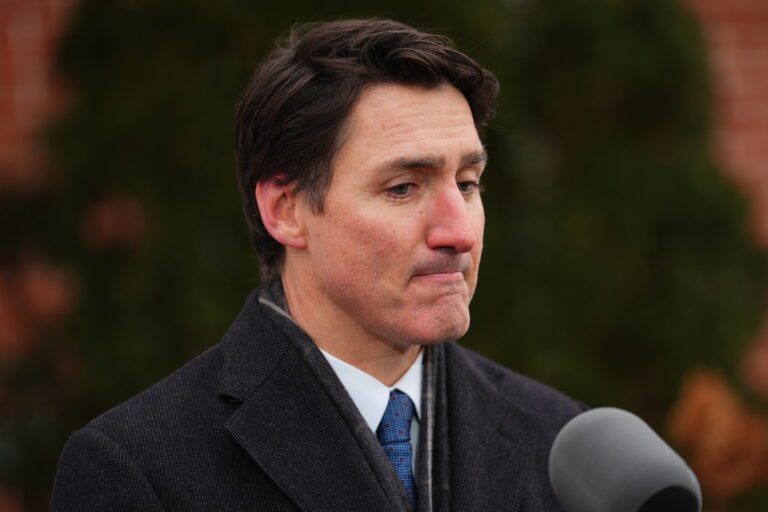The Ontario government announced on August 30, 2018 that taxpayer-funded colleges and universities must henceforth create and enforce policies to protect free speech on campus. While imperfect, the plan is a welcome response to the deafening silence of all provincial governments, of all stripes, about the censorship crisis on campus. Ontario has moved closer to the Justice Centre’s proposal for legislation to protect freedom of expression on campus, submitted to Premier Doug Ford and to Merrilee Fullerton (Minister for Training and Universities) on July 20, 2018.
Universities must now incorporate the Chicago Statement on Principles of Free Expression into their policy framework, stating expressly, in their own policies, that they are a place for open discussion and free inquiry, and that they have no obligation to shield students from ideas or opinions that students disagree with or find offensive. The government now requires universities to discipline students who obstruct or interfere with the freedom of others to express their views. Each Ontario university must also prepare an annual report on its own progress in complying with its free speech policy, and submit it to the Higher Education Quality Council of Ontario (HEQCO). Best of all, the government has declared that a university’s failure to introduce and comply with free speech policies may result in funding cuts, proportional to the severity of non-compliance.
The Ontario government still needs to address the problem of security fees being used as a tool to censor controversial speech on campus, at Wilfrid Laurier University and elsewhere. Such incidents are becoming more common place, and typically play out as follows: (1) an unpopular speaker is invited to speak or debate on campus; (2) someone complains that the invited speaker is offensive and therefore not entitled to speak at all; (3) students threaten violent or physically disruptive protests; (4) the university slaps event organizers with a large invoice (for example, $17,500 at the University of Alberta) for “security costs” that students can’t afford to pay. Typically, step #4 is followed by the cancellation of the event, hence security costs are a censorship tool. In some cases, the university simply cancels the event as soon as it learns of “protests” (e.g. Ryerson University, August 2017), thereby skipping the step of invoicing for security costs in order to force cancellation.
The solution to security fee censorship is obvious and just: send the security costs invoice to those who threaten to violate the university’s rules against the physical obstruction, disruption, and silencing of those you disagree with. How is it fair to invoice those who seek only to exercise their legal and democratic right to express their opinions peacefully on campus? Campus security should hold disrupters accountable and lay charges when appropriate. Universities can and should impose financial penalties for disruption of peaceful expression on campus, and place liens on academic transcripts to be released only upon payment. It is unfortunate that such steps have become necessary, but universities across Canada have failed to require students to respect other students’ rights.
In addition to preventing universities from using security fees to censor speech, Ontario’s new policy should also clarify the ban on “hate speech, discrimination and other illegal forms of speech.” It’s one thing for universities to uphold and enforce the narrow and specific Criminal Code prohibitions on promoting hatred. It’s quite another for universities to ban or restrict broad swaths of speech just because they are denounced as “hateful” by the likes of Antifa and other “social justice warriors.” Likewise, Premier Ford and Minister Fullerton need to define “discrimination” clearly and carefully, such that this term cannot be used to silence the expression of unpopular, controversial or politically incorrect ideas on campus.
Unfortunately, the Ontario government stays silent on whether student unions should be covered by universities’ free speech policies. As the Justice Centre’s Campus Freedom Index shows, student unions are far more likely to engage in censorship than their university counterparts. Failing to cover student unions will only result in the continuance of these incidents.








